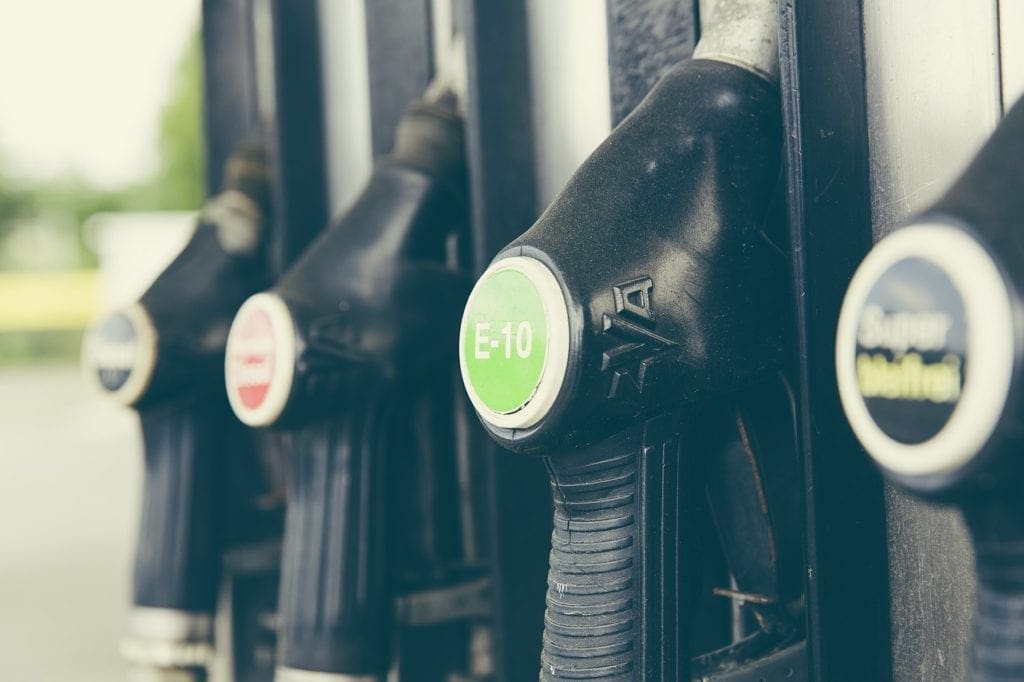Just before the busiest season for travel in the United States, crude oil saw a sharp price drop, giving American drivers in at least nine states the gift of gas below $2 a gallon. But despite the good news, some experts suggest the low prices at the pump won’t last.

In early December, OPEC, as well as oil-producing allies such as Russia, decided to cut the output of oil by 1.2 million barrels a day. The cartel’s biggest producer, Saudi Arabia, announced it would cut its production even further, despite calls from President Donald Trump to maintain the current output levels.
The goal is to bring the price of oil up after OPEC and Russia ramped up production in the summer and fall following America’s reimposition of sanctions against Iran.
Afraid the market would react negatively, Trump pressured OPEC to then to produce more. The result was a drastic cut in prices, as the supply increased considerably. But just a few months after this shift, Saudi Arabia changed its mind.
Using its power within OPEC and the partnership with Russia to crush any dreams Trump may have had of keeping gas prices cheap through the end of his term, the Saudi kingdom brokered a deal with the world’s top oil producers to take 1.2 million barrels per day off the market in the first six months of 2019. To experts, that means oil prices will soar again by the summer.
But despite how news outlets are covering the decision to manipulate the oil market now, this isn’t the first time OPEC and Russia shake on a deal to cut their production in an effort to boost prices.
In late 2016, the oil giants also decided to expand production cuts, lowering oil output by 1.3 million barrels a day. But the results did not meet their expectation, as the barrel was being sold for $50 a pop by mid-2017 despite the output cut.
What happened? Well, U.S. shale oil producers reacted to the OPEC supply cut by producing more and the supply was, once again, boosted, prompting the price to drop.
As Olav Dirkmaat explained, it would take a major rise in interest rates to keep U.S. shale oil producers from being able to aptly compete in the global market. And with the Federal Reserve showing no signs it plans to announce a substantial rate increase any time in the near future, it wouldn’t be far-fetched to think that the Saudi plan may not work as well as the kingdom is hoping for.
Unfortunately, U.S. drivers are still forced to be in the receiving end of this global battle for oil dominance, in spite of the fact that the market has changed considerably in recent years and the monopoly that once ruled the industry is no longer invincible. Still, the fact we’re even discussing the fact this monopoly should be brought down is a positive change.
All the energy industry truly needs is a free market for the OPEC to be dismantled and for Saudi Arabia, a direct sponsor of terrorism, to completely lose its main source of revenue. Only then would Americans finally know what real low prices truly feel like.




















